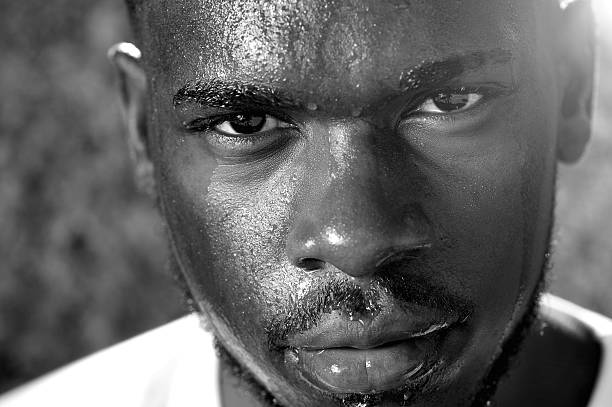
Whenever I am asked about Nigeria, I simply say my country is the best there is in Africa; our statistics say them all. In recent times, people have general misconceptions about Nigeria and her place on the African continent; many think all her people are corrupt and not trustworthy. The answer to that is actually “no,” and i will surely love to take people down history lane to know the true “Nigeria.”
Nigeria is one of the most densely populated countries in Africa; she is actually the country with the largest population in Africa, and the seventh largest population in the world.
Her historical timeline dates back to the numerous ancient African civilizations that settled in the African axis known as Nigeria today. Kingdoms like the Benin Empire, the Oyo Empire, the Kingdom of Nri, et cetera. Right from the beginning of the 15th century, European slave traders arrived in Nigeria to purchase slaves as part of what was infamously known as the ‘Atlantic slave trade.
According to an Encyclopedia of African history, it was estimated that around the 1890s, the largest slave population in the world, numbering over 2 million people, was concentrated in the territories of the Sokoto Caliphate, and in 1885, the British officially laid claims to West Africa. In the year that followed, the Royal Niger Company received a charter under the leadership of Sir George Taubman Goldie, and on the 31st of December 1899, the charter was revoked by the British government. Subsequently, the entire territory of the Royal Niger Company came into the hands of the British government, and on 1 January 1900, the British Empire created the Southern Nigeria Protectorate and the Northern Nigeria Protectorate. In 1914, these two protectorates became known as the Colony and Protectorate of Nigeria.
Present-day Nigeria is home to over 250 ethnic groups, with over 500 languages, and each of them host a variety of customs, and traditions that gives Nigeria as a whole, a great cultural diversity on the African continent. Our three largest ethnic groups are the Hausa, which comprise 27.4% of our total population; along with the Yorubas, which make up 21%, and the Igbos which make up 18%. Our gracious minority groups, like the Efik, Ibibio, Annang, and
Ijaw constitute the other Southeastern populations. The Tiv, Urhobo-Isoko, Edo and Itsekiri constitute most of Nigeria’s Midwest, and over a million of our inhabitant (0.5% of the total population, or 1 in every 200 people living in Nigeria) are from other continents. This shows how accommodating and hospitable we Nigerians are, compared to the stark notions of hostilities that many foreigners think we harbor.
The World Population Prospects predicted that by 2050, we will become the third most populated country in the world. Going back in time, in the 60s, Nigeria gained independence from Britain, under Prime Minister Tafawa Balewa and President Nnamdi Azikiwe, and on the 1st of October 1963, we severed our remaining ties to Britain, marking the birth of our First Republic, and the inception of national prosperity. Things sometimes don’t go as planned; on the 15th of January 1966, a military coup deposed the government of the First Republic; Prime Minister Tafawa Balewa, Premier of Northern Nigeria, Sir Ahmadu Bello, and Finance Minister Festus Okotie-Eboh, et cetera, were all assassinated. Events that followed the first coup eventually led to the killings of people of Eastern Nigerian origin. This claimed the lives of many thousands, mostly Christian Igbo people. The killings were presumed to have been carried out by the Muslim Hausa and Fulani people; it eventually triggered a migration of the Igbos back to the East.
Ethnocentrism, ethno-religious prejudice, and ethnic dogmatism have largely impacted the ethnic sphere in Nigeria. Ethnic, religious, and regional tensions have commonly divided Nigerians on many issues; in particular, cultural and political divisions between the Muslim north, and the Christian south has politicized religion and caused significant political disputes. Ethnic and religious-motivated violence by extremists has exacerbated the tensions as well, but despite that, Nigerians as true fore-bearers of unity on the African continent have continued to peacefully coexist, and a common Nigerian identity has been fostered, and will always be. On the 30th of 1967, subsequent to the reprisal killings, the Eastern state seceded, and the Nigerian-Biafran War started; General Chukwuemeka Odumegwu Ojukwu, Military Governor of Eastern Nigeria, declared the province an independent republic called Biafra, and on the 15 of January 1970, Phillip Effiong of the Biafran nation surrendered to Nigerian forces.
Biafra was then reintegrated into Nigeria.
On the 8th of June 1998, General Sanni Abacha, Nigeria’s military dictator, died from a heart attack. Abdusalami Abubakar became Head of State and Chairman of the
Provisional Ruling Council of Nigeria, and he lifted the ban on political activities, eventually leading to the democratic election of retired army officer, General Olusegun Obasanjo, who on the 29th of may 1999, ushered in the fourth republic.
However, after the 20th century, Nigeria as a federal republic comprised 36 states, and the Federal Capital Territory is Abuja, where the nation’s capital is located. The largest city in Nigeria is Lagos, one of the largest metropolitan areas in the world and second largest in Africa. Nigeria’s economy is also the largest in Africa, the 27th-largest in the world. She is also referred to as “the Giant of Africa,” owing to her large population and economy.
When i think about Nigeria, i see a regional power in Africa, a middle power in international affairs, and an emerging global power. It’s not a fairytale story, even though we rank very low in the Human Development Index, and remain one of the most corrupt nations in the world, it’s just a test of time. It’s a matter to boast about, as we are one of the founding members of the African Union, and also members of many international organizations like the United Nations, the Commonwealth of Nations, the Economic Community of West African States, OPEC, et cetera. In the 20th century, we backed the African National Congress by taking a tough stand against the South African government and their military actions in southern Africa. Nigeria chiefly anchored cooperative efforts in West Africa, functioning as standard-bearer for the Economic Community of West African States (ECOWAS) and ECOMOG.
As Africa’s most populated country, we also have repositioned our military as a peacekeeping force on the continent. A feat we have been achieving since 1995 as our military through ECOMOG mandates has been deployed for peacekeeping missions in Liberia (1997), Ivory Coast (1997–1999), and Sierra Leone (1997–1999). Under our African Union mandate again, we stationed forces in Sudan’s Darfur region to establish peace. What about our deployments across West Africa, fighting terrorism in countries like Mali, Senegal, Chad, and Cameroon, including home terrorism too. In the global sector alike, we remain a key player in the international oil industry since the 1970s, and we still maintain our membership in OPEC, which we joined in July 1971.
HIV/AIDS rate in our population is quite low as compared to other African nations such as Botswana or South Africa whose prevalence rates are higher. As of 2019, the HIV prevalence rate among adults aged 15–49 in Nigeria was 1.5 percent. Our life expectancy in
Nigeria is 54.7 years on average, and 71% and 39% of our population has access to improved water sources and improved sanitation, respectively.
As Nigerians, we are always trying our best to bring our nation to the highest levels we can attain, but we have always had issues in doing so. Some such as tribalism, religious persecution, which have plagued our politics both prior and subsequent to independence. All our major parties have always been practising vote-rigging and other illegal acts so as to remain competitive in the political arena. Even in 2012, we were estimated to have lost over $400 billion to corruption since independence. Clan based nepotism has always been prevalent in our politics, resulting in clan based efforts to concentrate Federal power to a particular region of their interests. members. Meanwhile, in our lower levels of society, we have the “area boys”, organised gangs mostly active in Lagos and other parts, and they specialise in mugging and small-scale drug dealing. Gang violence as a result of these folks in Lagos alone has resulted in 273 civilians and 84 policemen killed in the period of August 2000 to May 2001, according to sources.
The most recent of the brouhaha in our society was that of Police brutality. Although it had been an old issue in the Nigerian community, the recent generation of Nigeria’s ever vibrant and intellectual youths kicked against the human rights violations committed by a notorious unit, the Special Anti Robbery Squad (S.A.R.S). S.A.R.S officers have been alleged to profile young Nigerians, mostly males, based on fashion choices, net worth and hairstyles. They were also known to mount illegal road blocks, conduct unwarranted checks, arrest and detain without warrant or trial, and extort young Nigerians for driving vehicles and using laptops and other gadgets. Many Nigerians shared stories and video evidence of how the officers engaged in murder, theft, torture, unlawful arrests, unlawful detention, extra-judicial killings and extortion of citizens.
On Thursday, 8th of October 2020, nationwide protests on ENDSARS were led predominantly by young Nigerians in different cities alongside many activists and celebrities. The “#EndSARS protests” were sustained by voluntary donations made by Nigerian citizens; it was a moment in history when Nigerians showed to the world how united and patriotic we are, despite all the strifes in the land. It brought to the consciousness of the global world the injustice meted out on the Nigerian youth by SARS officers.
In my own opinion, the protests revealed the true nature of us as Nigerians. Even thought we are” suffering and smiling,” as Fela said, we will always stand up for each other, we will always be united against all odds. That’s my Nigeria, i will never forsake her, no matter what!
| Download Category | Writing |
| Video Url | |
| Download Tag |
Share Now!

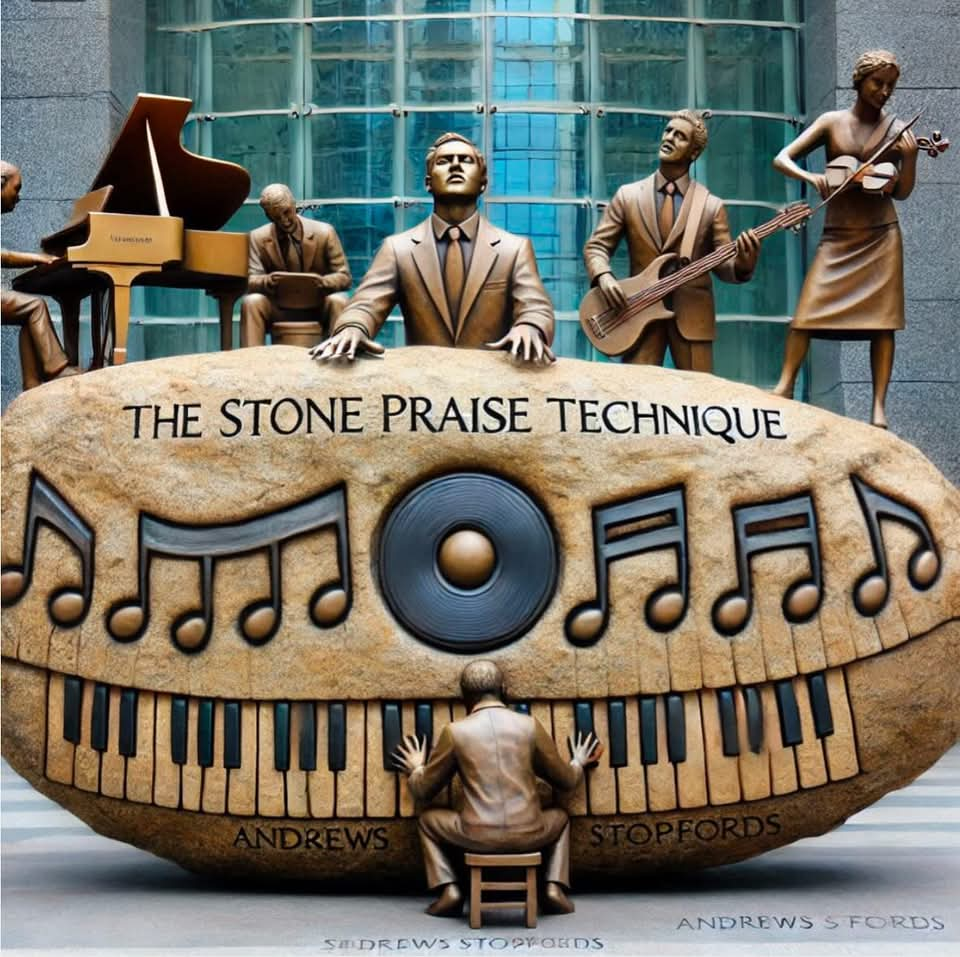



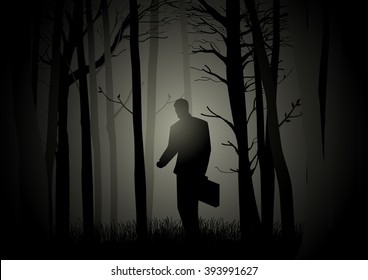

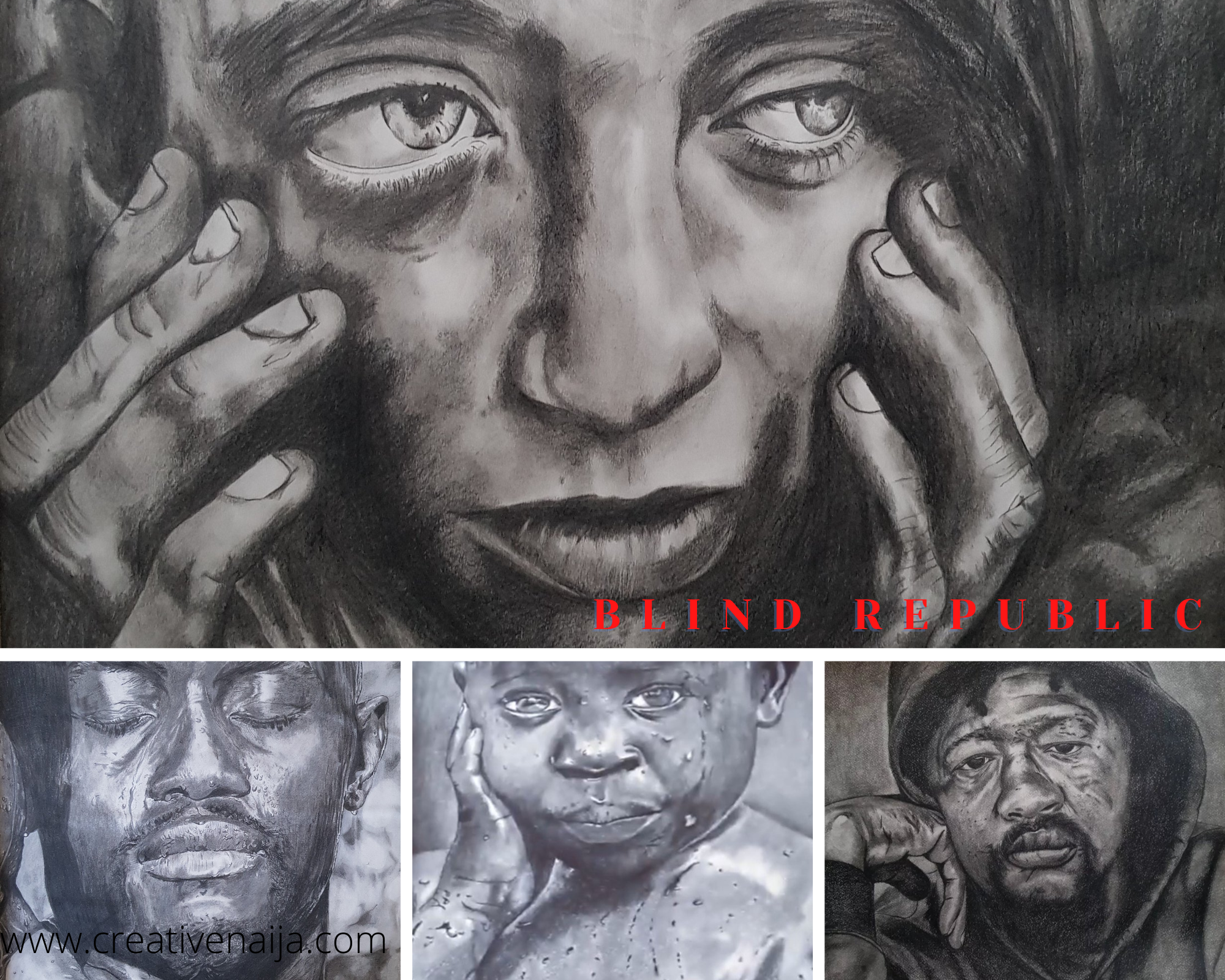
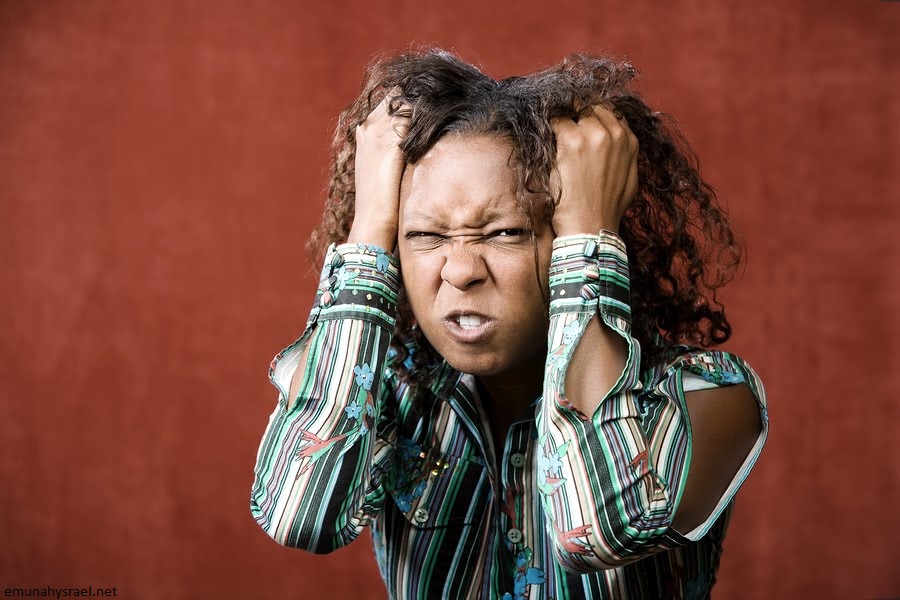
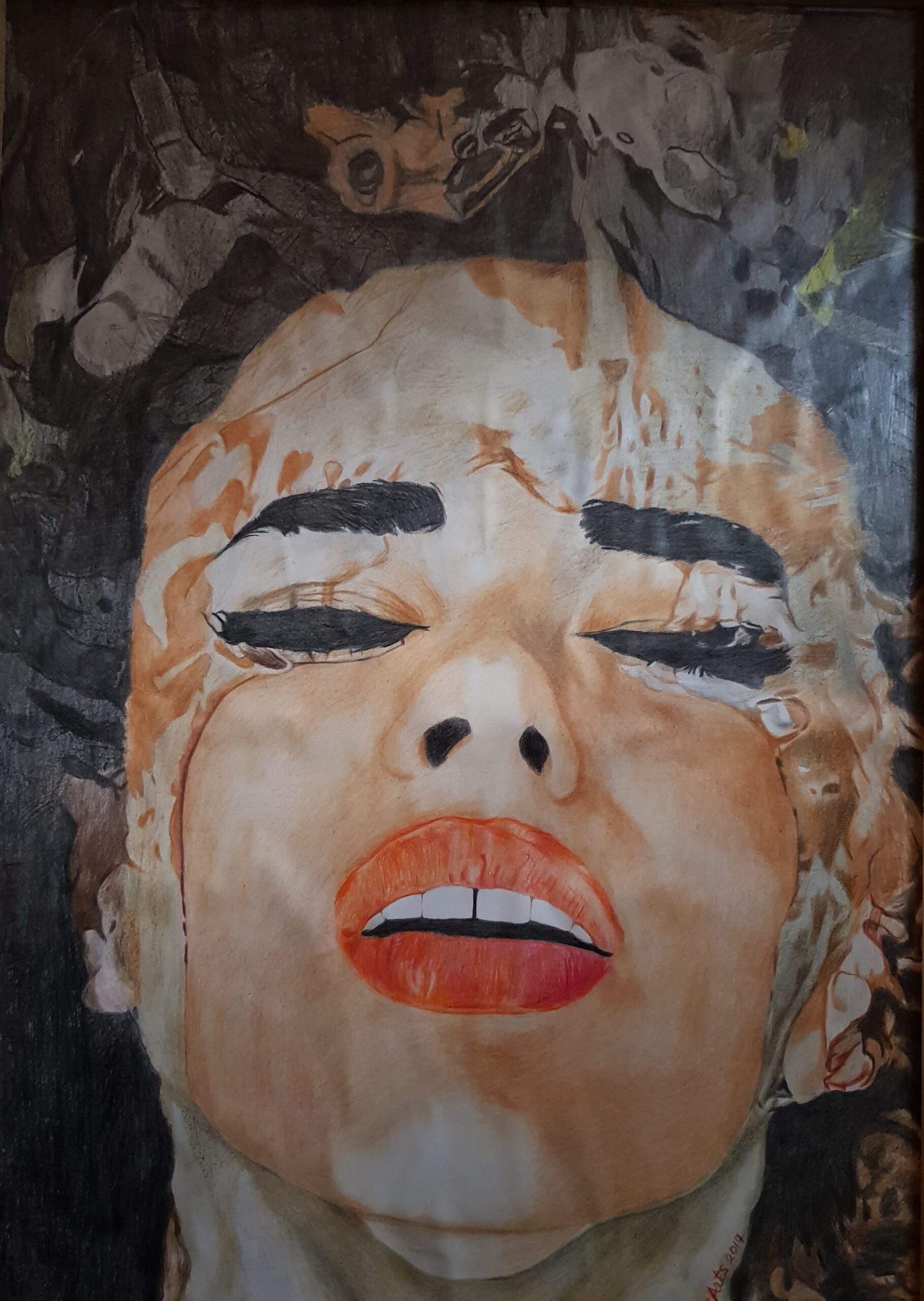
Good job b